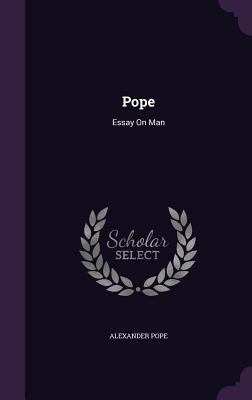All Formats & Editions
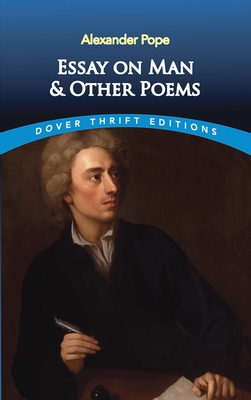
Essay on Man and Other Poems
Considered the preeminent verse satirist in English, Alexander Pope (1688-1744) brought wide learning, devastating wit and masterly technique to his poems. Models of clarity and control, they exemplified the classical poetics of the Augustan age.
This volume contains a rich...
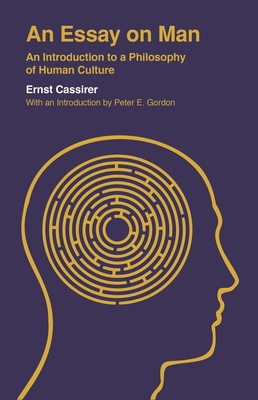
An Essay on Man: An Introduction to a Philosoph...
One of the twentieth century's greatest philosophers presents the results of his lifetime study of man's cultural achievements An Essay on Man is an original synthesis of contemporary knowledge, a unique interpretation of the intellectual crisis of our time,...
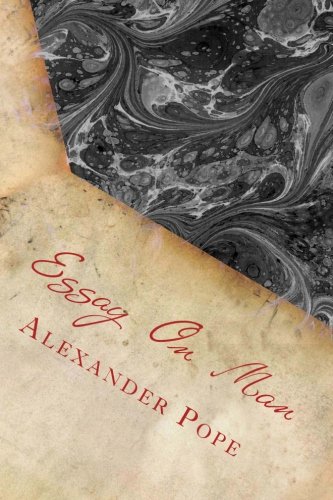
Essay On Man
One of the best books of all time, Alexander Pope's Essay on Man . If you haven't read this classic already, then you're missing out - read Essay on Man by Alexander Pope today!
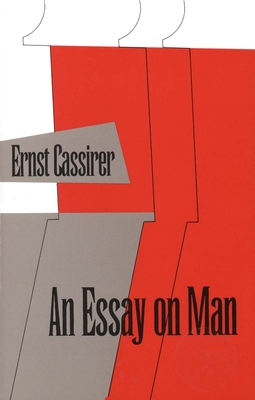
An Essay on Man: An Introduction to a Philosoph...
"The best and most mature expression of Cassirer's] thought."--Journal of Philosophy
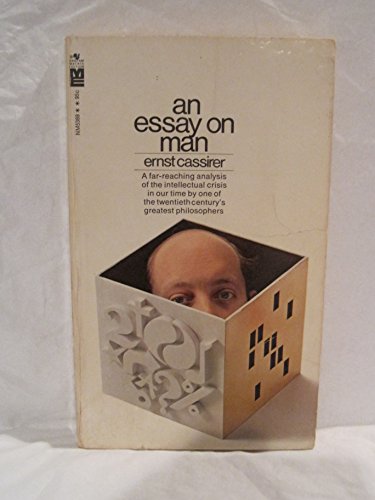
An Essay on Man
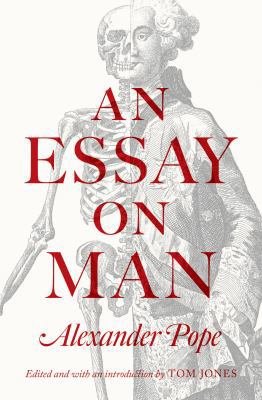
An Essay on Man
A definitive new edition of one of the greatest philosophical poems in the English language

Essay on Man: Moral Essays and Satires
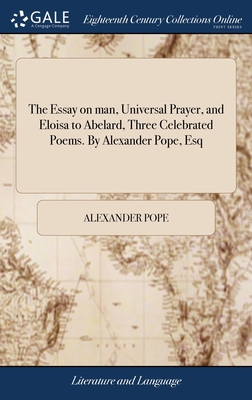
The Essay on man, Universal Prayer, and Eloisa ...
The 18th century was a wealth of knowledge, exploration and rapidly growing technology and expanding record-keeping made possible by advances in the printing press. In its determination to preserve the century of revolution, Gale initiated a revolution of its own: digitization...
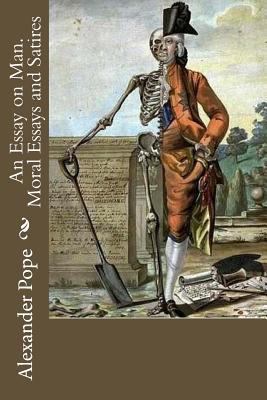
An Essay on Man. Moral Essays and Satires
An Essay on Man is a poem published by Alexander Pope in 1734. It is a rationalistic effort to use philosophy in order to "vindicate the ways of God to man" (l.16), a variation of John Milton's claim in the opening lines of Paradise Lost, that he will "justify the ways of God...
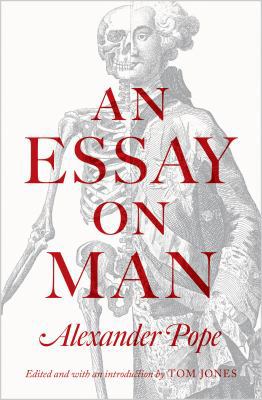
An Essay on Man
Voltaire called it the most sublime didactic poem ever written in any language. Rousseau rhapsodized about its intellectual consolations. Kant recited long passages of it from memory during his lectures. And Adam Smith and David Hume drew inspiration from it in their writings...
![Antropología filosófica: Introducción a una fil... [Spanish] 607163735X Book Cover](https://m.media-amazon.com/images/I/41R+H9Y8mNL._SL500_.jpg)
Antropología filosófica: Introducción a una fil... [Spanish]
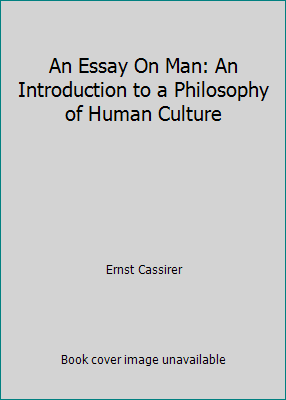
An Essay On Man: An Introduction to a Philosoph...
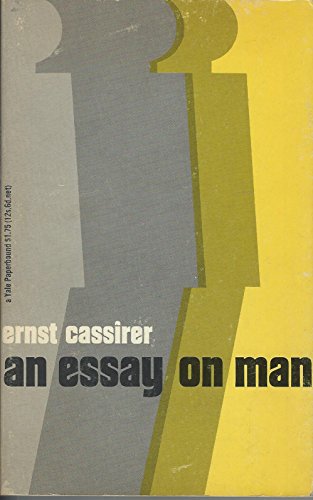
An Essay on Man.
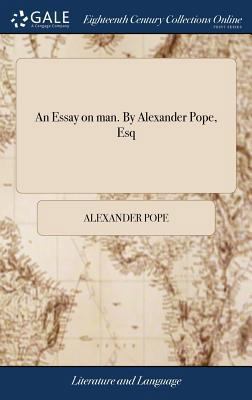
An Essay on man. By Alexander Pope, Esq
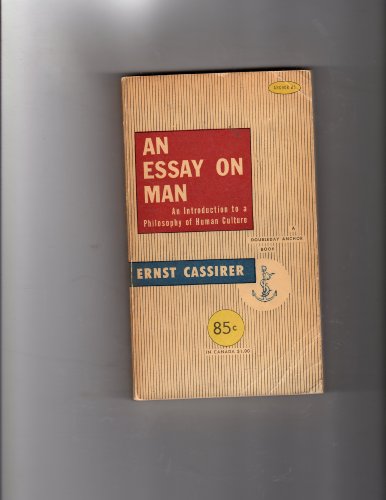
An Essay on Man; an Introduction to the Philoso...
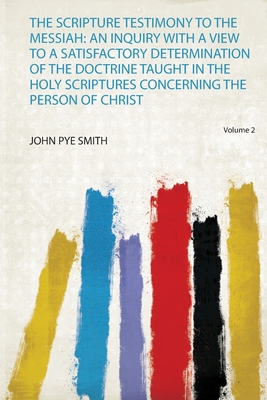
The Scripture Testimony to the Messiah: an Inqu...
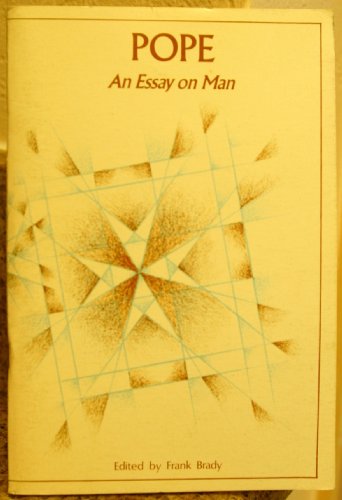

An Essay on Man: an Introduction to a Philosoph...
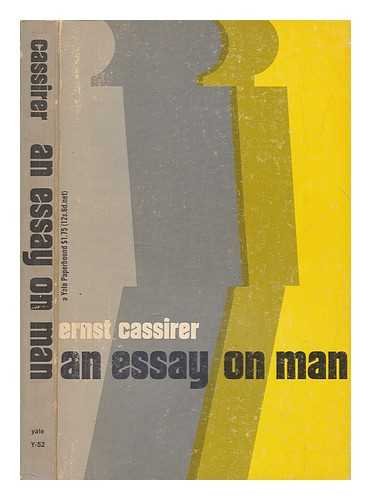
An essay on man;: An introduction to the philos...
![Antropologia Filosofica [Spanish] 9681603001 Book Cover](https://i.thriftbooks.com/api/imagehandler/l/BB4E9EB7180F82D493588B60F52D91FD243BB3E1.jpeg)
Antropologia Filosofica [Spanish]
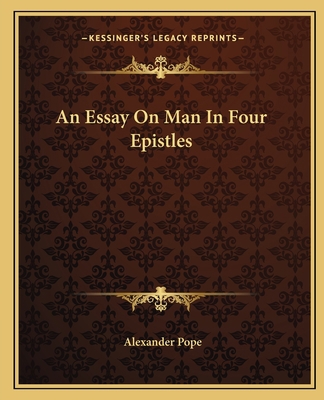
An Essay On Man In Four Epistles
""An Essay On Man In Four Epistles"" is a philosophical poem written by Alexander Pope in the 18th century. It is divided into four parts, or epistles, each addressing a different aspect of human nature and the human condition. The first epistle discusses the nature of man and...

An Essay on Man: an Introduction to a Philosoph...
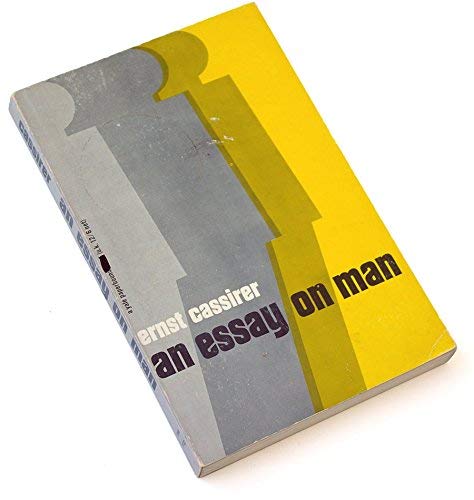
An Essay on Man
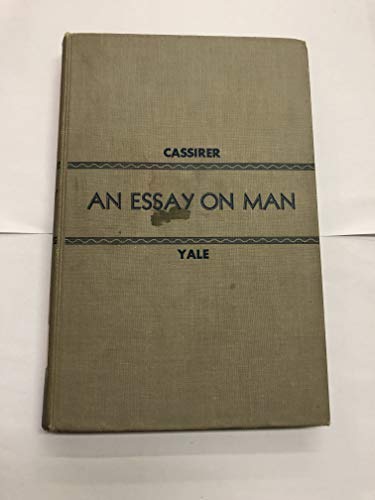
An essay on man; an introduction to the philoso...
